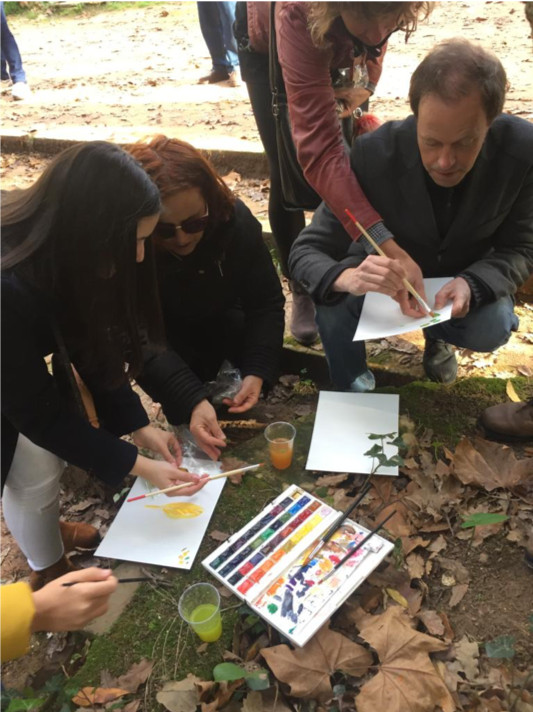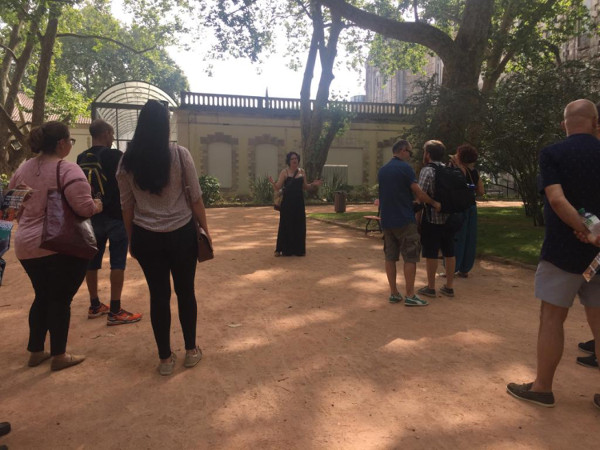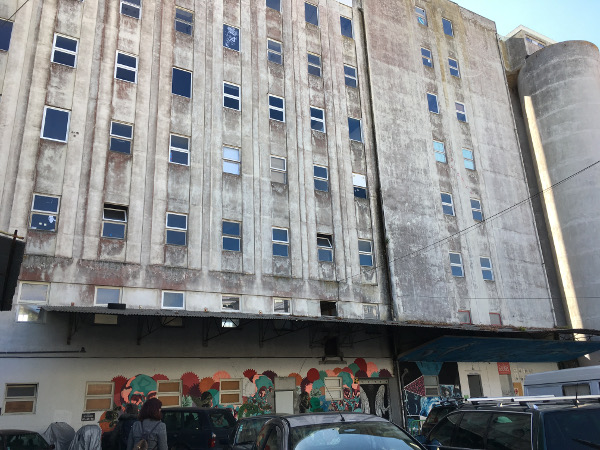Cultural mapping as a methodology and paradigm holds tremendous power to create conditions for change by bringing communities together in new ways to co-create new knowledge and understanding. At its core, cultural mapping aims to make visible the ways that local cultural assets, stories, practices, relationships, memories, and rituals constitute places as meaningful locations, while bringing a diverse range of stakeholders into conversation about the cultural dimensions and potentials of a place. With the design of cultural mapping projects tightly linked to local needs, issues, and aspirations, cultural mapping practices vary widely and the field is characterized by a high degree of experimentation. Its interdisciplinarity perspectives, techniques, and processes emphasize participatory approaches, which require an ethics of care with the communities engaged in these projects.
This 5-day intensive summer school offers a unique opportunity to learn how to design and conduct cultural mapping projects, enabling participants to enhance their knowledge on cultural mapping approaches and processes, gain skills applying cultural mapping techniques in practice, examine ethics of care in this community-engaged work, and explore how to connect findings to cultural/creative tourism and local development policy. This is a unique opportunity to learn from internationally acclaimed scholars and practitioners.
The summer school will include daily visits, learning seminars, and hands-on workshops where participants will actively learn about and engage in cultural mapping projects while addressing place-specific real-life local development issues. Cultural mapping approaches will address cultural assets and resources, both tangible and intangible; heritage and history; and living narratives and voices of the community and place. Application areas to be discussed in the summer school include: community-based cultural and creative tourism, cultural planning, local territorial and strategic planning, and engaged social change working with communities.
The mapping exercises will examine, discuss, and bring new ideas to existing development activities aiming to attract and sustain a local cultural and creative critical mass in Caldas da Rainha. Connected to this, the work will link these initiatives to broader local development issues, to the city’s UNESCO Creative City designation, and to the fostering of cultural and creative tourism in the municipality.
This CES Summer School will take place in Caldas da Rainha, a UNESCO Creative City of Crafts and Folk Arts, with an Art Nouveau and rich artistic history and a lively contemporary arts scene. The course will have various tangible outputs and culminate in an artistic public presentation of the findings to the local population, curated by the participants in collaboration with SILOS Contentor Criativo and Destino Caldas Association.
Thematic area(s) of the course:
Cultural mapping processes and methodologies
Art-informed cultural mapping
Place-based meanings
Cultural/artistic heritage
Creative tourism
Dimensions of care with communities
Participants
The summer school is designed to discuss and practice a variety of cultural mapping techniques and approaches at an introductory level, for participants with limited experience with community-based and cultural mapping. We welcome graduate and PhD students, postdoctoral researchers, local cultural planners and policy-makers, and practitioners in the cultural and tourism sectors as well as individuals working in and with communities in regeneration/revitalization processes. Participants should have a good level of English as the Summer School will be held in English and group work will be an essential component of the course.
Key dates
Earlybird registration deadline: 18 February 2022
Final registration deadline: 7 March 2022
Summer School dates: 21-25 March 2022
Registration fee
Earlybird registration fee | Students: €375 // Non-Students: 425€
Late registration fee | Students: €425 // Non-Students: 475€
What does the fee cover?
The fee includes all materials, sessions, visits, coffee breaks, lunches (five days), and farewell dinner.
The fee does not cover accommodation or transportation.
(A special accommodation rate is available at a partner hotel. See more information in the ‘Getting to Caldas da Rainha and Accommodation’ section)
Maximum number of registrations: 25
Minimum number of registrations: 17
For any questions, please contact us at: creatour@ces.uc.pt
Coordination team | Nancy Duxbury, Tiago Vinagre de Castro, Sílvia Silva, and Cláudia Pato de Carvalho (CES), Mariana Calaça Baptista (author and promotor), and Nicola Henriques (SILOS Contentor Criativo)
Related research projects:
CREATOUR: Creative Tourism Destination Development in Small Cities and Rural Areas (CES)
Cultural Mapping, Planning and Impact Assessment for Sustainable and Just Urban Development (CES)
Cultural Mapping Researcher-in-Residence Programme (Thompson Rivers University, Canada)




